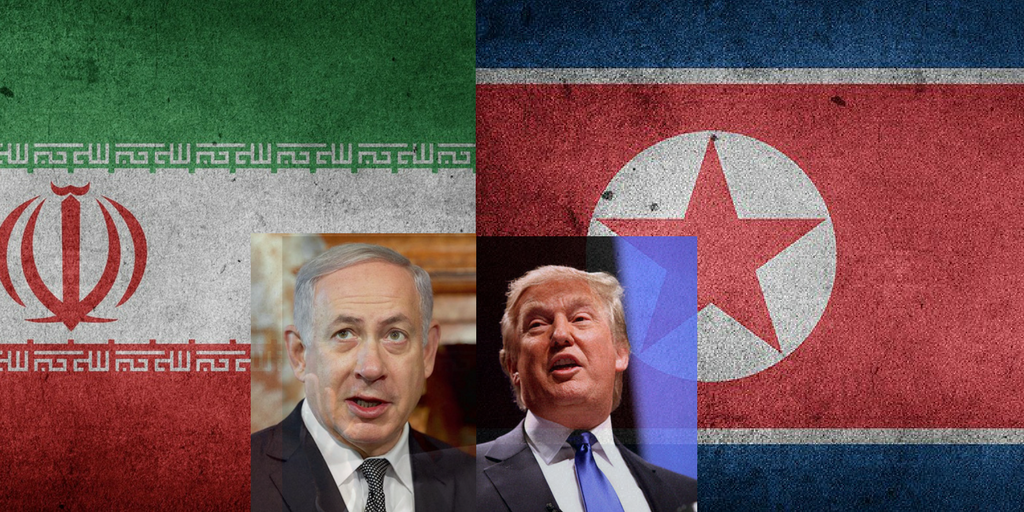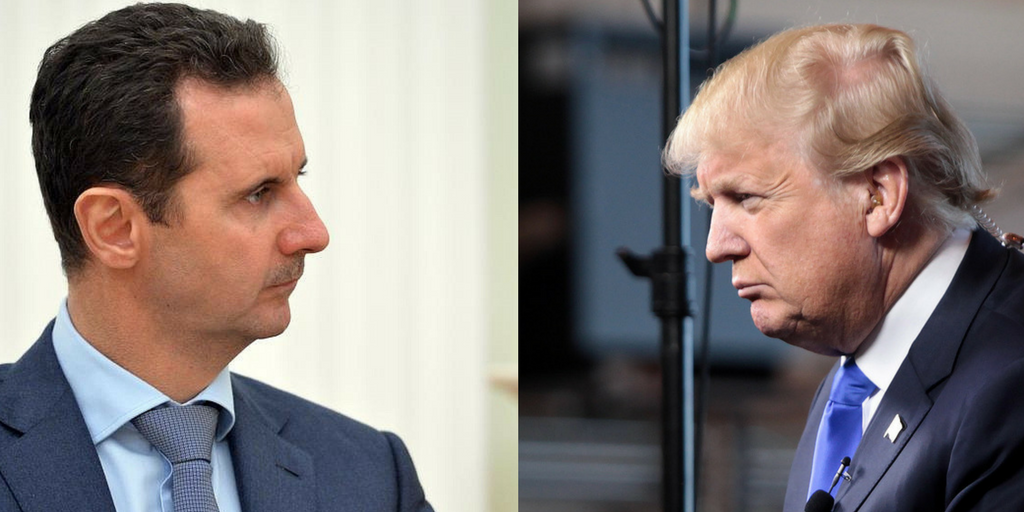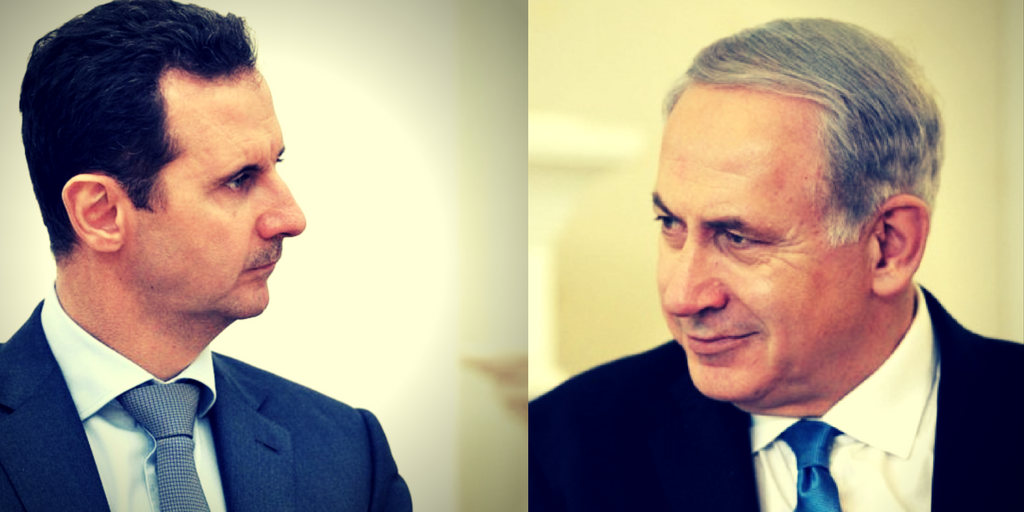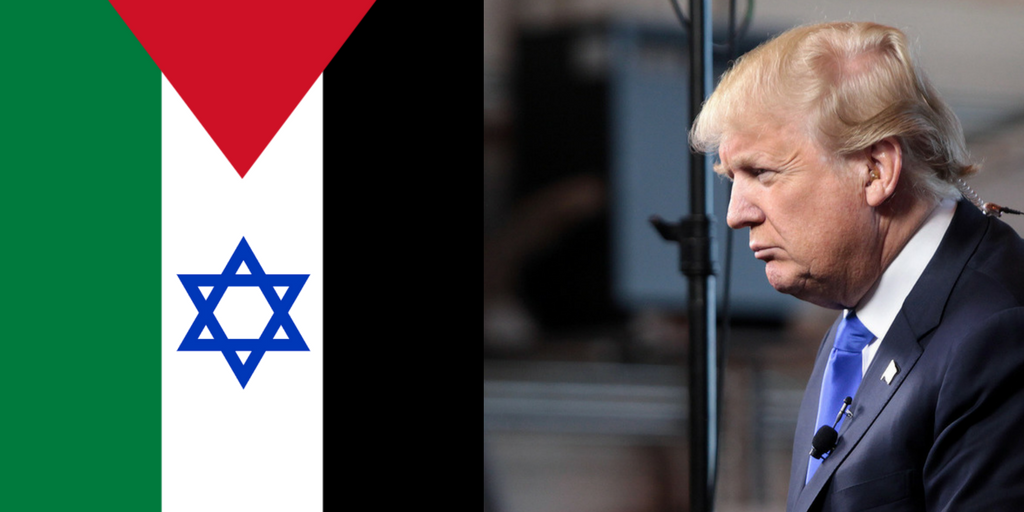As the vaunted Regional “Peace Deal” appears to be in the process of being cooked up between Bibi Netanyahu and the Trump administration, the question persists why the need to restrict building outside of the generally accepted “settlement” blocs? Let’s assume for a second that peace is at hand, that the Arabs really will sit down and make peace with Israel, then what would it matter if Jews are living anywhere beyond the arbitrary green line or even the “blocs?”
Israel is a tiny state. Even with Judea and Samaria added in, the width is about the size of New Jersey’s waste line, not big. Blocs are a convenient way of expressing areas that are built up, but in most cases “isolated” Jewish communities exist within minutes of the defined “bloc.” There is no real way to draw the line. Ten years ago no one considered Kochav Yaakov or Ofra North of Jerusalem part of the Greater Jerusalem bloc, but in 2017, most Israelis do.
In a letter to the government the Land of Israel Lobby wrote the following:
“The freeze is illegitimate, not even ‘in the meantime’ or as an ‘interim stage’, and certainly no freeze or construction restrictions outside the blocs,” the letter said. “The bloc plan is the plan of the Palestinian State and there is no justification for a right-wing government to accept it, either temporarily or partially,” the heads of the lobby say.
The Peace Camp Should Stand Against Building Freezes for Jews
Those who genuinely want peace should stand against the Arab demand that Jews refrain from building in any area of their ancestral homeland. The litmus test for peace is not borders or security, but whether the other side can tolerate the other among them. The Arabs demand that any future “Palestinian” state be void of Jews or judenrein essentially proves they are not ready for peace. Furthermore, those in the Israeli government or the USA supporting such ideas must be taken to task for their support for racist and anti-Semitic policies. Whether it is the Trump administration or Bibi’s government contemplating the next “freeze,” they must be told in a serious manner that no peace will come from Jews being told they cannot build simply because they are Jews. After all if another minority would be told they cannot build or own a house simply due to their religious, national, or cultural background, it would be deemed racist.
The Spirit of the Holocaust Has Never Ended
The State of Israel afforded Jews around the world an opportunity to shrug the millennia of exile and rebuild their nation inside their ancestral homeland. The Holocaust, encapsulated by the Final Solution was just the most extreme measure of Hitler’s desire to make Europe judenrein or free of Jews. Construction freezes for Jews only is denying the Jewish people’s right to self determination as Jews. True, there are no gas chambers or crematorium’s waiting for the Jewish Nation these days, but the spirit of judenrein continues unabated from Hitler to now. Arab hate for Jewish life in the Levant will not cease by freezing Jews out of their right to build and live as they wish. In fact, the opposite is true. Construction freezes will never satiate the Arab world, for its hate for Jews stems from a deeper place so they will always ask for more, just as Hitler moved from simple deportation to the Final Solution.
In order for there to be peace, all demands on Jews to refrain from building should be dropped and instead demands should be placed on the Arabs to deal with their Jewish neighbors as neighbors and fellow human beings. Until then their is nothing to talk about.









